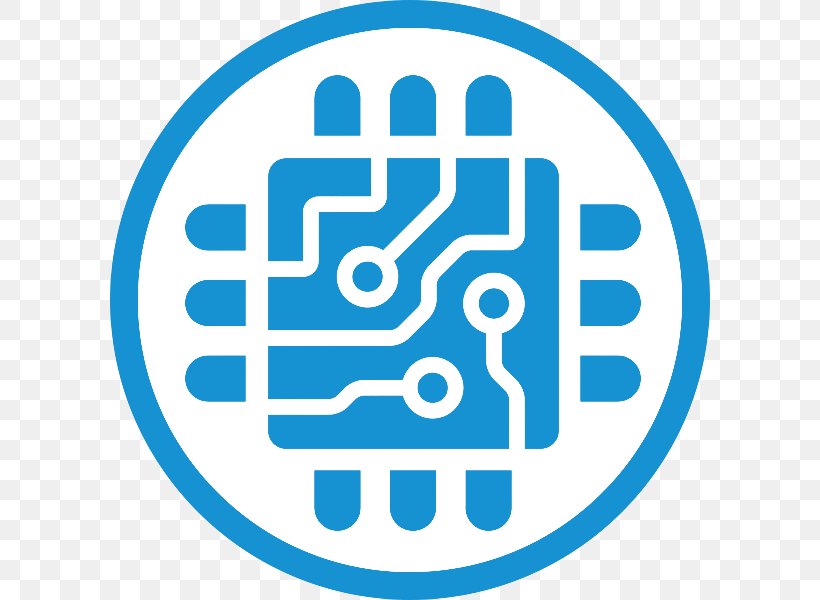

You buying at a grocery store is out of convenience, the alternative is learning how to hunt like a survival hunter.
At some point that was an alternative, but today the natural ecosystems have been so encroached upon by human civilization that we can’t just decide to become survival hunters - we’d simply starve. Grocery stores are all you have if you’re living in a high-rise apartment in most cities, for example. Most suburbs can’t support enough wildlife to then be hunted for survival by the humans living there.
Vegetable gardens might be a better analogy than survival hunting. There are even some initiatives being taken to break the cycle of dependency that grocery stores encourage, which I suspect is what @subignition@fedia.io is getting at: collective effort is needed beyond just letting the techies do their thing in their own corner, otherwise we all suffer. Everyone needs to move beyond their comfort zone at some point, for some amount of time - be it the techies teaching others, or the others learning a bit more about how their tools work.
the average user wants the convenience of easy to use software, because they don’t want to learn the alternative […] If everyone was like you, then easy to use software wouldn’t be selling so much.
I can’t tell if you are simply stating how the world currently is or claiming that it is destined to always be that way, but in either case I don’t see how “people prefer convenience” is a good argument against trying to help them get over that preference. I don’t think convenience is nor should be the end-all-be-all of existence, in fact it can be actively detrimental to life when prioritized.
Unless I’m mistaken, the average user wanted asbestos in their walls, lead in their paint, and asked their doctor for menthol cigarettes instead of regular ones when said doctor was prescribing them for stress. The average user in the USA couldn’t tell that their milk was full of pus and mixed with chalk to the point it was killing their babies, all for the convenience of still owners and milk producers. Their society had built up so much around the convenience of drinking milk in places that couldn’t produce it locally, that it took an Act of Congress as well as the development of technology to safely transport milk long distances before the convenience stopped killing people.
Don’t get me wrong, convenience is great when it doesn’t come at the expense of our well-being - in those cases it tends to dramatically improve our well-being. I tend to agree with @subignition@fedia.io that currently the software market is overly delivering convenience to the point that it is negatively affecting our collective well-being - with regards to software, at the very least.







And surprise, surprise, almost half of his “I use Linux now guys” video is showing off the window manager hyprland, which got a lot of bad press over the past 2 years:
https://drewdevault.com/2024/04/09/2024-04-09-FDO-conduct-enforcement.html